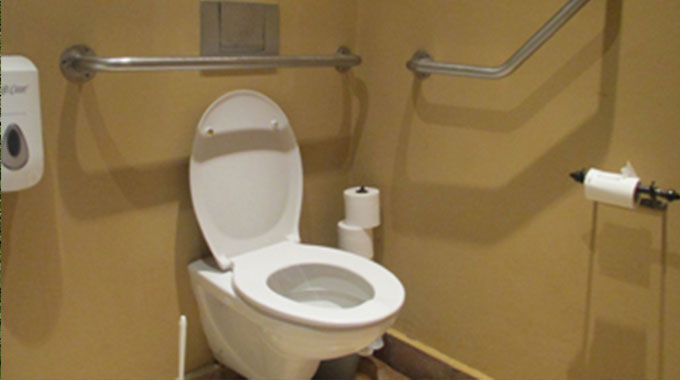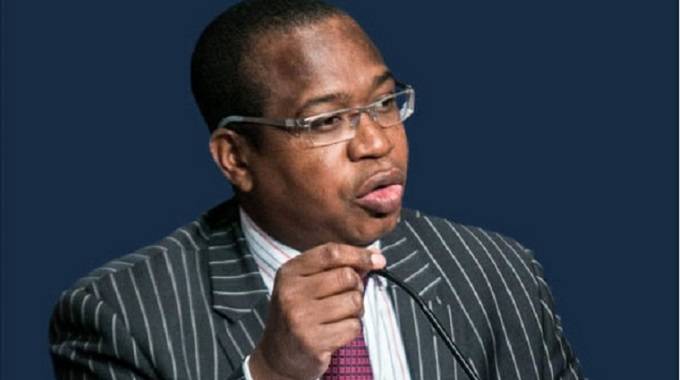Using public toilets a nightmare

Andile Tshuma
Public toilets are meant for our convenience, however using them can be a nightmare.
People do all sorts of things in these public facilities including vandalism and messing all over which they would never do in their own homes.
The Bulawayo City Council in recent reports said it was struggling to maintain most ablution facilities and blamed some of the city’s residents for the vandalism saying that was creating maintenance challenges for the council.
The city has 97 blocks of public toilets yet more than half of these have been closed down as a result of constraints experienced by the council in maintaining them.
Vandalism has been of major concern especially with public toilets, making it very difficult for the city to maintain them and keep them usable at all times.
A council official recently emphasised the need for the public to responsibly take care of public facilities saying it’s important to ensure that we keep these toilets clean and in a good state. The City of Bulawayo endeavours to maintain the remaining functional toilets in a usable state but it faces a lot of challenges.
Some sections of our community are not responsible enough to leave a toilet in the clean state they found it in while some vandalise the sanitary equipment within the facilities while others steal components that rightly belong to the community.
Lack of proper sanitation is a serious health risk. Addressing this issue will help accelerate progress towards achieving one of the United Nations Global Goals which is to improve access to water and sanitation. It takes a whole community to ensure that public infrastructure is kept functional and usable.
In April, council commissioned two public toilets for vendors in Pumula suburb. It is my hope that seven months down the line, the community has kept them well and they are still functional.
In 2017, the Bulawayo City Council commissioned 279 individual toilets in Iminyela and Mabuthweni suburbs, a development that saw most of the residents who lived in houses for more than 30 years finally owning the houses.
Residents from the two suburbs have for years been using communal toilets. More than three households shared one toilet and residents used to complain about the state of the ablution facilities.
In 2012, council started building individual toilets and thereafter sold the houses to sitting tenants.
Council, in partnership with Zimbabwe Homeless People’s Federation (ZIHOPFE), Dialogue on Shelter (DOS) and the National University of Science and Technology (Nust), provided about 80 percent of the required money through loans advanced to residents.
In March, informal traders operating near the site of the proposed Egodini Mall expressed dismay over the closure of toilets and water taps by the contractor claiming it would lead to an outbreak of water borne diseases.
The site was the city’s main bus terminus for kombis servicing various routes and also housed many informal traders.
Vendors say the situation is now affecting their businesses as they have to walk long distances to access toilets leaving their stalls unattended hence losing customers.
The move riled the Bulawayo Progressive Residents Association (BPRA) who accuse the Bulawayo City Council of not giving vendors adequate notice. — @andile_tshuma









Comments